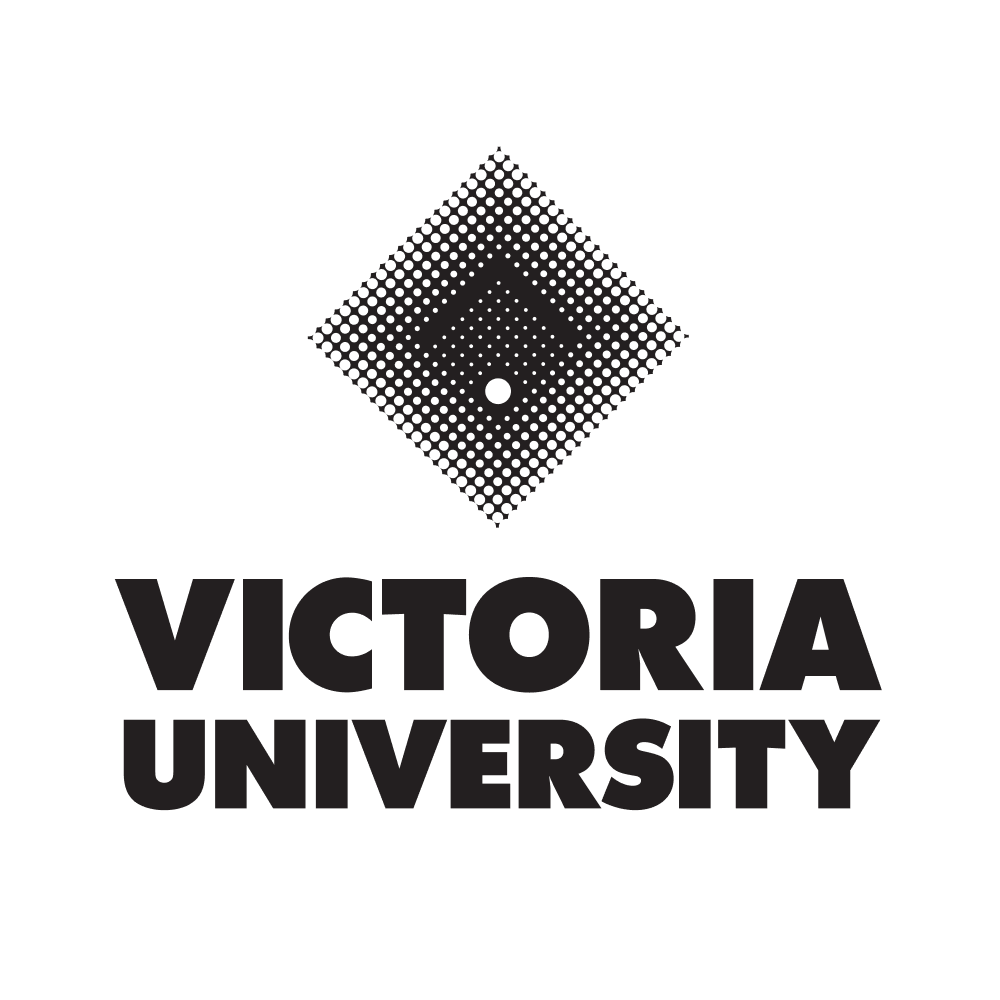Victoria University
Master of Enterprise Resource Planning
- Delivery: Face to Face
- Study Level: Postgraduate
- Duration: 24 months
- Course Type: Master's
Position yourself to become a SAP specialist in the growing world of digital resource management by studying this master's degree.

Course overview
VU's master's degree in ERP (Enterprise Resource Planning) provides students with specialised and sought-after expertise.
During your study, you will develop practical, up-to-date knowledge of SAP software.
If you already work with SAP systems, this master's degree can help you reach the next level in your career. For IT and computer science graduates, it is a relevant bridge into a corporate profession.
Key facts
Sydney
What you will study
To attain the Master of Enterprise Resource Planning, students will be required to complete 192 credit points consisting of:
- 48 credit points of college core units
- 96 credit points of professional core units
- 12 credit points for the Information Systems Professional unit
- 12 credit points for the Applied Business Project (Capstone) unit
- 24 credit points of elective units
College core units
- Accounting for Management
- Data Analysis for Business
- Business Economics
- Work and Organisation Systems
Professional core units
- Computerised Accounting in an ERP System
- Business Process Engineering
- Enterprise Resource Planning Systems Implementation
- Enterprise Resource Planning Systems
- Business Analytics and Visualisation
- Mobile Computing Application Programming
- Experience Management
- Analytics Project Management
Core units
- The Information Systems Professional
- Applied Business Project
Elective units
Students must complete 24 credit points of elective units.
Entry requirements
To be considered for postgraduate study, you will need to have specific academic qualifications, as outlined below. Victoria University also considers non-academic research and work experience for research candidates.
Admission criteria
Applicants must have one of the following:
- Completion of an Australian Bachelor's degree (or equivalent) in any discipline.
- Completion of an Australian Graduate Diploma (or equivalent) in a similar discipline.
- Applicants without an undergraduate qualification may be admitted to the Graduate Diploma based on approved work experience. Upon completion of the Graduate Diploma, graduates will be eligible for admission to this course with credit granted for completed units.
Special entry programs
If you are from a disadvantaged or underrepresented social, economic or cultural background, you may be eligible for one of the university's special admission programs. These programs are designed to help you access education more easily.
Recognition of Prior Learning
You may receive credit for your previous study, reducing the time it takes to complete your course.
Pathways from other institutions
Any study completed at another institution will be considered in your application.
Credit for skills and past study
Applicants with an Australian bachelor's degree (or equivalent) or higher in a similar discipline may be eligible for an exemption of 48 credit points of study.
Contact the university for more information.
Outcomes
Learning outcomes
On successful completion of this course, students will be able to:
- Critically reflect upon theoretical approaches and analyse their application to achieve effective use of Enterprise Systems to support operations and management practice.
- Justify and interpret theoretical propositions and related bodies of knowledge to critically evaluate the resolution of business problems and make recommendations/recommend actions in contemporary Enterprise Systems.
- Critically adapt cross-disciplinary knowledge with creativity in decision making, supporting the selection, implementation and use of Enterprise Systems.
- Exhibit accountability in autonomous and collaborative judgements and innovative strategic thinking in response to contemporary and future business challenges.
- Evaluate and implement industry-specific investigations to resolve complex professional problems and inform management decision-making and how Enterprise Systems and associated Information Systems can support this decision-making.
- Articulate effectively to specialist and non-specialist audiences, including multi-disciplinary teams, diverse cultural communities and business and other professional organisations.
- Formulate and execute an evidence-based capstone experience linked to an Enterprise Resource Planning System to generate and evaluate complex ideas and concepts at abstract and practical levels.
- Exemplify initiative and inspirational leadership in a dynamic 21st-century work environment, acting consistently, ethically and socially responsibly.
Career outcomes
By completing this course, you’ll be equipped with the skills and knowledge to apply for ICT and ERP roles. Industries where ERP/SAP skills are used include:
- Construction
- Customer relationship management
- Finance
- Manufacturing
- Marketing
- Sporting industries
- Tourism
Fees and FEE-HELP
Indicative fee per unit in 2026: $4,313 (domestic full-fee paying place)
Indicative full fee in 2026: $34,500 per year (domestic full-fee paying place)
Full-fee courses are not government subsidised. You will pay the total cost of each unit.
A student’s fee may vary depending on:
- The number of units studied per term.
- The choice of major or specialisation.
- Choice of units.
- Credit from previous study or work experience.
- Eligibility for government-funded loans.
You may also need to pay the student services and amenities fee.
Student fees shown are subject to change. Contact the university directly to confirm.
FEE-HELP loans are available to assist eligible full-fee paying domestic students.

















